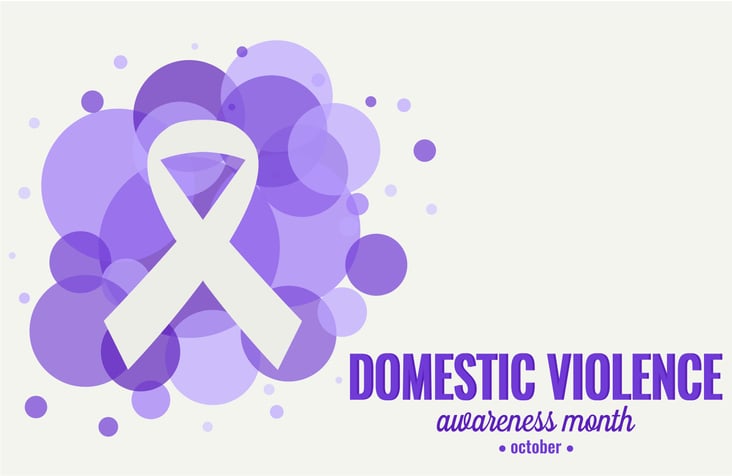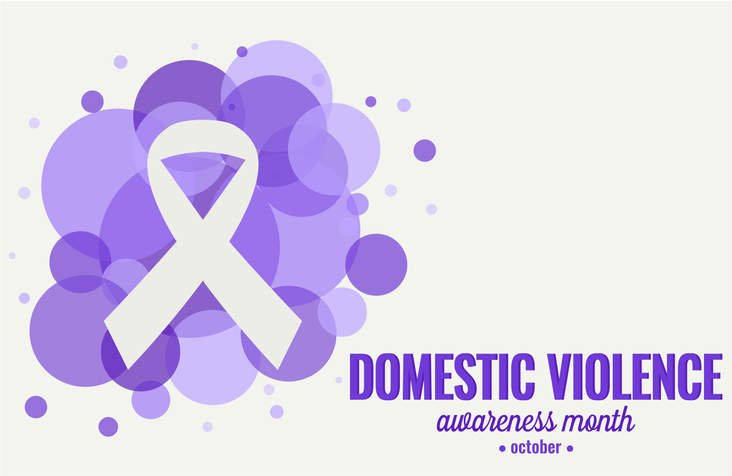 Domestic violence does not discriminate. Anyone of any age, race, education level, socioeconomic status, sexual orientation, religion or gender can be a victim OR perpetrator.
Domestic violence does not discriminate. Anyone of any age, race, education level, socioeconomic status, sexual orientation, religion or gender can be a victim OR perpetrator.
According to the National Coalition Against Domestic Violence ncadv.org, Domestic violence is the willful intimidation, physical assault, battery, sexual assault, and/or other abusive behavior as part of a systematic pattern of power and control perpetrated by one intimate partner against another. It includes physical violence, sexual violence, psychological violence, and emotional abuse.
Often at the beginning of a relationship, you can’t tell if it will become abusive. Typically, in the early stages of the relationship, the abusive partner is perfect in every way. Signs of controlling behaviors and obsessiveness emerge and intensify as the relationship goes on.
Domestic Violence Statistics
According to the CDC,
- On average, nearly 20 people/minute are physically abused by an intimate partner in the United States. In 1 year, this equates to 10+ million women and men.
- 1 in 3 women and 1 in 4 men have experienced some form of physical violence by an intimate partner.
- 1 in 7 women and 1 in 25 men have been injured by an intimate partner.
- 1 in 7 women and 1 in 18 men have been stalked by an intimate partner during their lifetime to the point in which they felt very fearful or believed that they or someone close to them would be harmed or killed.
- 1 in 10 women have been raped by an intimate partner. Data is unavailable on male victims.
Nurses have an important role to play in assisting victims of abuse/violence in a domestic situation.
Abused victims say that a compassionate inquiry from a caring Nurse helped them disclose their abuse and find the best intervention services. By recognizing the signs of abuse and caring to ask questions, the patient recognizes the Nurse is knowledgeable about domestic violence and validates domestic violence as a legitimate health care issue.
According to a Crisis Prevention article, when assessing a victim, be aware of the following physical signs of injuries that may be related to domestic violence:
- Bruising in the chest and abdomen
- Multiple injuries
- Minor lacerations
- Ruptured eardrums
- Delay in seeking medical attention and
- Patterns of repeated injury
However it is unlikely the victim will be seeking help for a physical injury. More likely they are seeking help for issues such as:
- A stress-related illness
- Anxiety, panic attacks, stress and/or depression
- Drug and alcohol abuse
- Chronic headaches, asthma, vague aches and pains
- Abdominal pain, chronic diarrhea
- Sexual dysfunction, vaginal discharge
- Joint pain, muscle pain
- Sleeping and eating disorders
- Suicide attempts, psychiatric illness or
- Gynecological problems, miscarriages, chronic pelvic pain
The victim may also:
- Appear nervous, ashamed or evasive
- Describe their partner as controlling or prone to anger
- Seem uncomfortable or anxious in the presence of their partner
- Be accompanied by their partner, who does most of the talking
- Give an unconvincing explanation of the injuries
- Be recently separated or divorced
- Be reluctant to follow advice
After assessing the patient, try not to jump in too fast with suggestions and solutions. Encourage the patient to talk, and then listen carefully. After you have a better understanding of the patient's current state, you can help by providing appropriate resources for them to find safety. Some of these resources include…
The National Domestic Violence Hotline
1-800-799-7233 (SAFE)
www.ndvh.org
National Sexual Assault Hotline
1-800-656-4673 (HOPE)
www.rainn.org
National Resource Center on Domestic Violence
1-800-537-2238
www.nrcdv.org and www.vawnet.org
Futures Without Violence: The National Health Resource Center on Domestic Violence
1-888-792-2873
www.futureswithoutviolence.org
National Center on Domestic Violence, Trauma & Mental Health
1-312-726-7020 ext. 2011
www.nationalcenterdvtraumamh.org
Childhelp USA/National Child Abuse Hotline
1-800-422-4453
www.childhelpusa.org
Domestic Violence Initiative
(303) 839-5510/ (877) 839-5510
www.dviforwomen.org
INCITE! Women of Color Against Violence
incite.natl@gmail.com
www.incite-national.org
Casa de Esperanza
Linea de crisis 24-horas/24-hour crisis line
1-651-772-1611
www.casadeesperanza.org
Asian and Pacific Islander Institute on Domestic Violence
1-415-954-9988
www.apiidv.org
Institute on Domestic Violence in the African American Community
1-877-643-8222
www.dvinstitute.org






